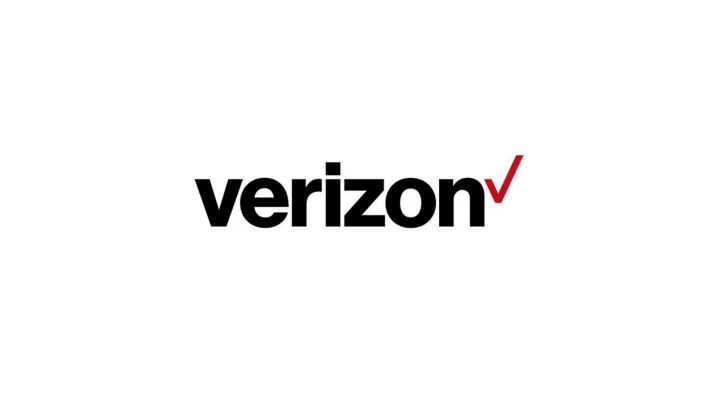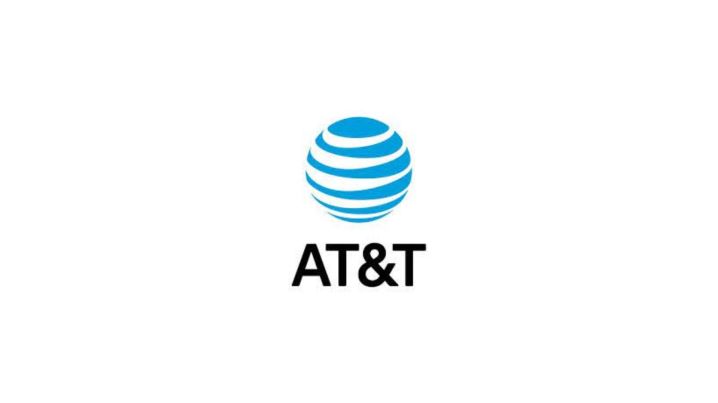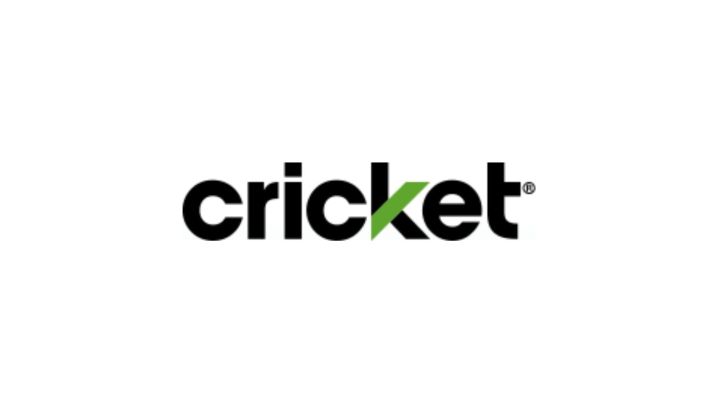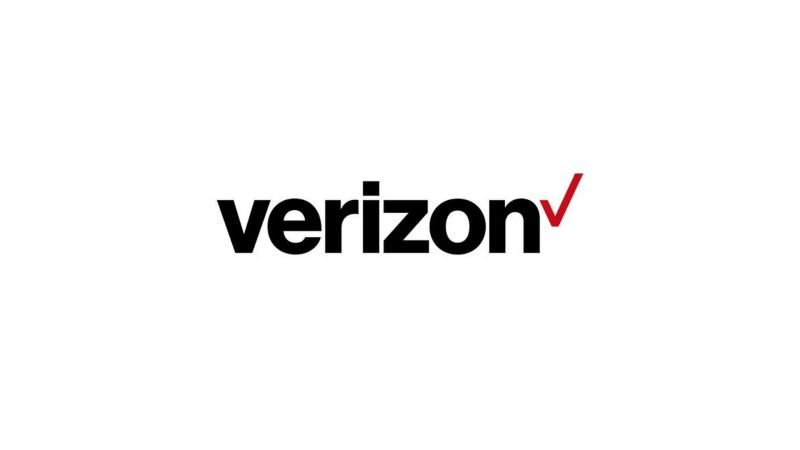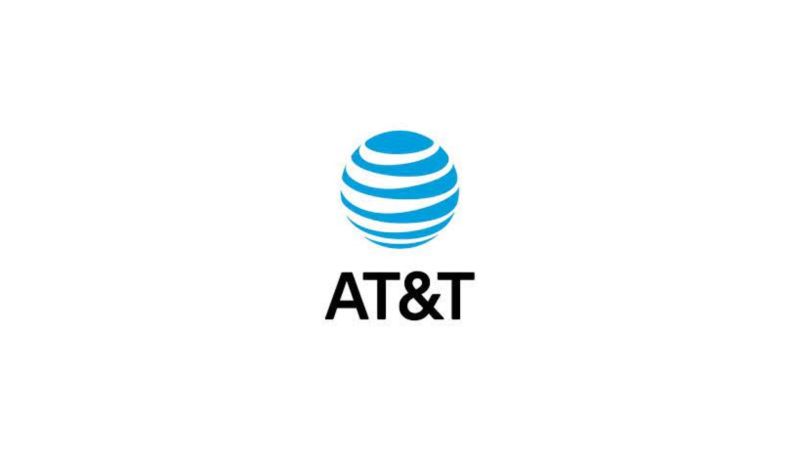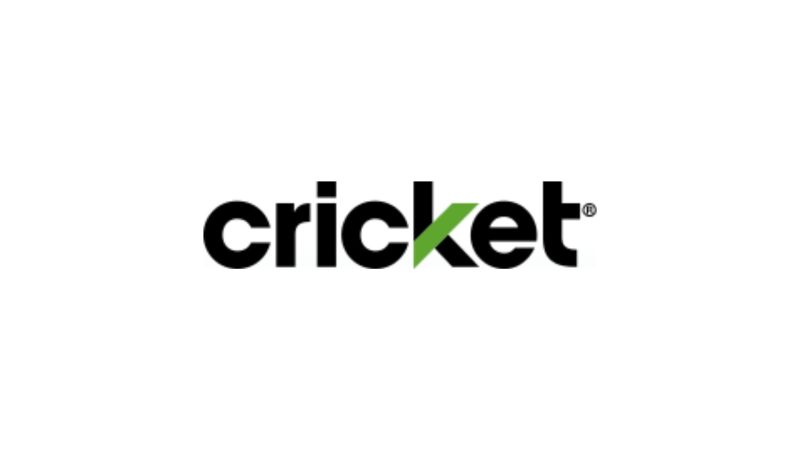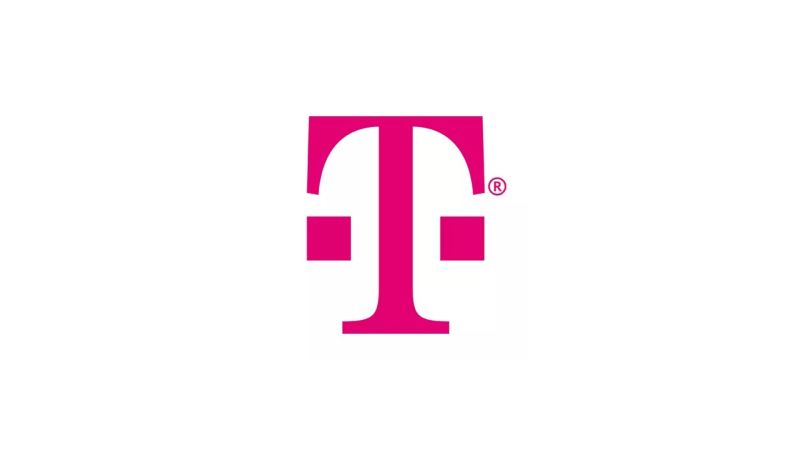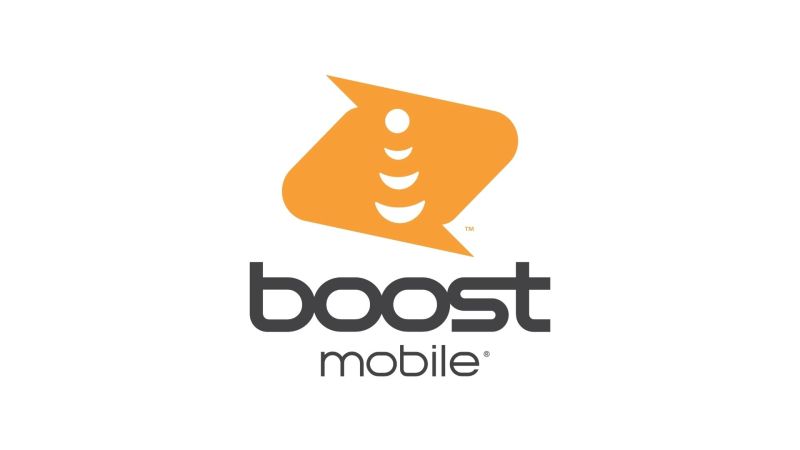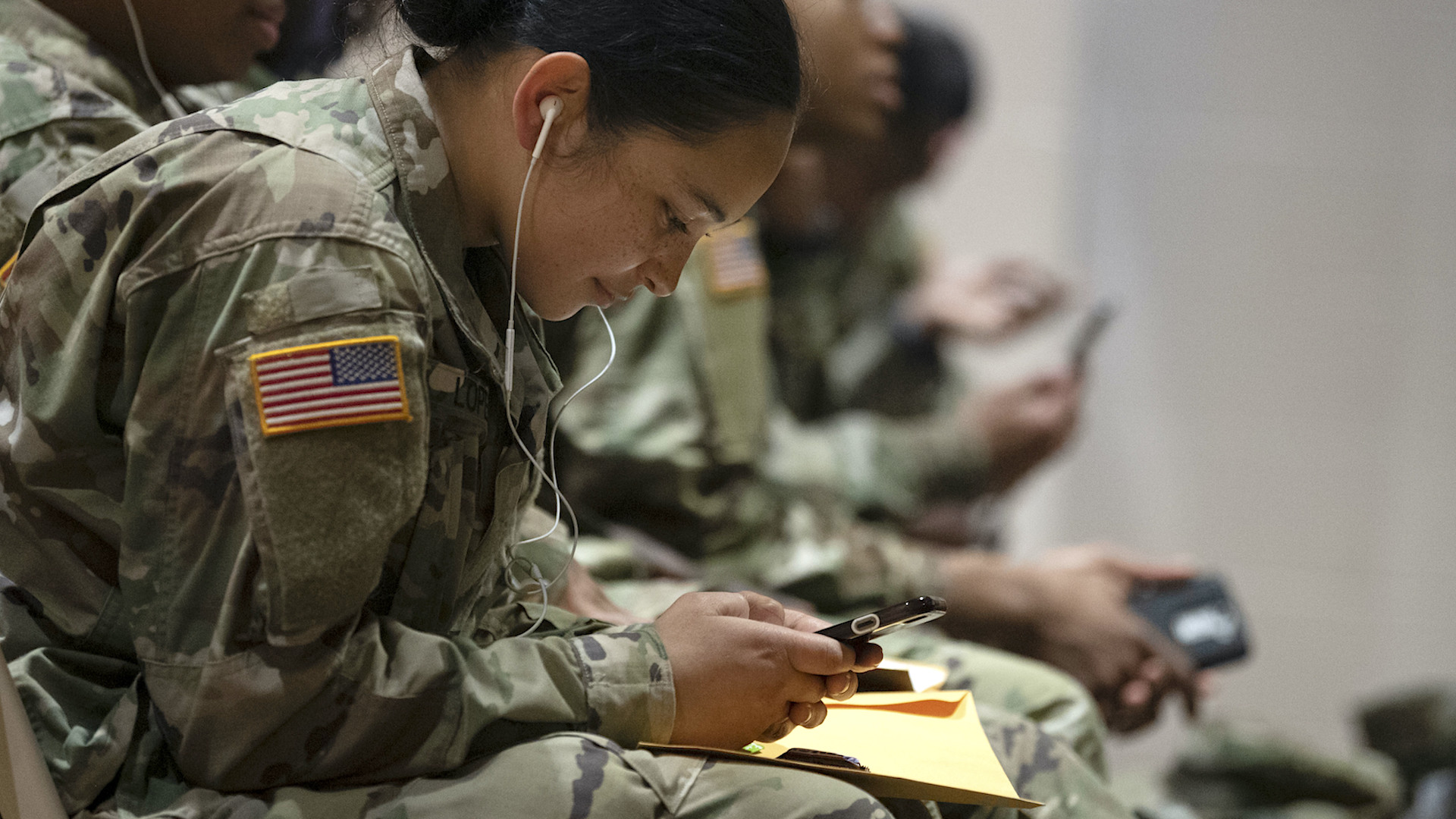
If military phone plans existed, they would highlight things like how quickly you could access high-quality websites like Task & Purpose, stream premium adult entertainment, TikTok about military life, and buy karambit knives, energy drinks, or survival hatchets. But phone plans specifically tailored for servicemembers don’t really exist. Instead, what some carriers offer are military discounts on their basic products. Therefore, we’re highlighting the best military phone plans currently available to U.S. service members.
In this article, we’ll highlight phone plans for a range of categories like best for active duty, best for overseas, best for families, and more, and we’ll also talk about things you should know about when you’re shopping for a phone plan like data options, coverage, and your rights as a consumer in uniform. It’s really a buyer’s market out there, so we’ll help you find the service plan you want.
- Best Overall: Verizon Unlimited
- Best for Overseas: AT&T Unlimited Premium
- Best for Active Duty: Cricket Unlimited + 15GB Mobile Hotspot
- Best for Families: T-Mobile Magenta
- Best Budget: Boost Mobile
Best Overall
Verizon Unlimited
Best for Overseas
ATu0026T Unlimited Premium
Best for Active Duty
Cricket Unlimited + 15GB Mobile Hotspot
Best for Families
T-Mobile Magenta
Best Budget
Boost Mobile
Things to consider about military phone plans
Service providers
There are more than a dozen companies offering cell phone plans, but there are considerable differences in services depending on which carrier you choose. Major carriers like T-Mobile, Verizon, and AT&T offer plans that include new phones, streaming subscriptions, insurance, and more if you sign a contract. Whereas smaller carriers, called mobile virtual network operators, like Cricket, Mint, and Boost Mobile, offer no-frills plans at cheaper rates for a limited or no contractual obligation.
While the services differ by carrier, they all offer consistent coverage throughout the country. If you pull up the coverage map for an MVNO, it’ll most likely overlap with one belonging to a major carrier. That’s because the major carriers own and operate most of the infrastructure across the country that make cell service possible. They sell bulk data to the MVNOs, which sell chunks to you.
Data plans
Almost all major carriers offer unlimited data in even their most basic plans. That means you can talk, text, stream, or browse the web for as long as you want. However, companies will cap “premium data,” meaning your service will slow down after using so much “hotspot” data. You turn your phone into a mobile hotspot by creating a localized Wi-Fi signal that connects other devices like a tablet or laptop to your network.
While most MVNOs also offer unlimited data, they generally offer plans that cap data. Other exceptions include prepaid plans, which require you to buy the data up front, and there are also pay-as-you-go plans in which you only pay for the data you use.
How much data you actually need depends on factors like how often you stream, browse the web, use GPS, listen to music, and connect to a Wi-Fi signal. If you’re unsure about how much you need, the Swedish-based company Ericsson found that the average smartphone owner in North America used 15 gigabytes of data per month in 2021. The communication tech company also projected they’d use some 52 gigabytes per month by 2027.
Coverage
The coverage map for most carriers shows a network that spans the majority of the United States and even extends into Canada and Mexico. The map highlights the area in which you can reliably use that company’s network. If you’re outside of your network, you’ll have limited or no service. And, if you do use service in that area, you may be charged a roaming fee.
Additionally, most coverage maps show 5G connectivity. The fifth-generation wireless network is the latest iteration of cellular technology. While it may sound like pixie dust to most of us, it’s actually a massive infrastructure of things like towers, antennas, and fiber optic cables designed to capture a vast amount of information and allow it to flow in mere moments from point A to point B (and to big brother).
In short, before you commit to a cellular plan, you should review the coverage map to make sure it actually covers your area and the areas you plan on traveling to.
International coverage
International coverage is rarely offered in a basic cell phone plan, but major carriers usually offer it as a premium option, as an add-on, or in pre-paid plans.
The Servicemembers Civil Relief Act
Congress created the Servicemembers Civil Relief Act in the 1940s to protect servicemen and women from unfair financial burdens if they’re called into action. The law has been amended, so troops can request carriers to cancel or hold their service plan if they are deployed or receive orders to relocate. According to the law, you have 90 days to notify your carrier that you want to hold or cancel your plan, and the carrier must reserve your phone number and give you 39 months to reactivate your account.
FAQ about military phone plans
Q: Does the VA pay for cell phones?
A: Not exactly. The Federal Communication Commission has a program that provides free phone service to low-income consumers, including those eligible for the Veterans Pension and Survivors Benefit Programs, through the Lifeline Program. Find out if you are eligible for the Veterans Pension here.
Q: Do I need to submit documentation to verify my military status?
A: Some providers require documentation to get military discounts. AT&T requires active-duty members to register with a .mil email address to get their discount. Active-duty and veteran servicemembers can use their ID.me account to apply for discounts with Verizon. Some of the reviewed plans did not offer veteran discounts but still beat out providers that did.
Final thoughts
If you’re a lazy shopper, then you can’t go wrong with a Verizon Unlimited plan. It has everything you’d want in a phone plan: strong service, wide coverage, premium options, and even international passes. But if you want something more bare bones and less of a commitment, you can’t go wrong with Cricket or Boost Mobile.
Methodology
For this article, we started with a list of keywords and categories that we needed to fill, so we focused on answering the most common queries. Then, we looked at more than a dozen phone carriers to find the best military phone plans. We started out by reviewing their plans and collecting data, so we could easily identify what options each plan had to offer. Using that information, we were able to rank the options and eliminate ones that didn’t fit what we needed.
What all the carriers on this list have in common is that they offer unlimited data plans, 5G coverage, hotspots, and some international options. We also included most of the carriers that offer a military discount. And all of the carriers on this list were ranked in surveys by the American Customer Satisfaction Index and J.D. Power, both of which poll 10s of thousands of people across the country for their views on products and services. We also cited J.D. Power’s network quality report, when applicable.
In all, we used more than 20 sources, most of which were linked in the article. Many of those sources were product pages, but others were news or trade publications explaining how cellular technology works. For more information on our editorial process, check out the Task & Purpose review guidelines.
Task & Purpose and its partners may earn a commission if you purchase a product through one of our links. Learn more about our product review process.
